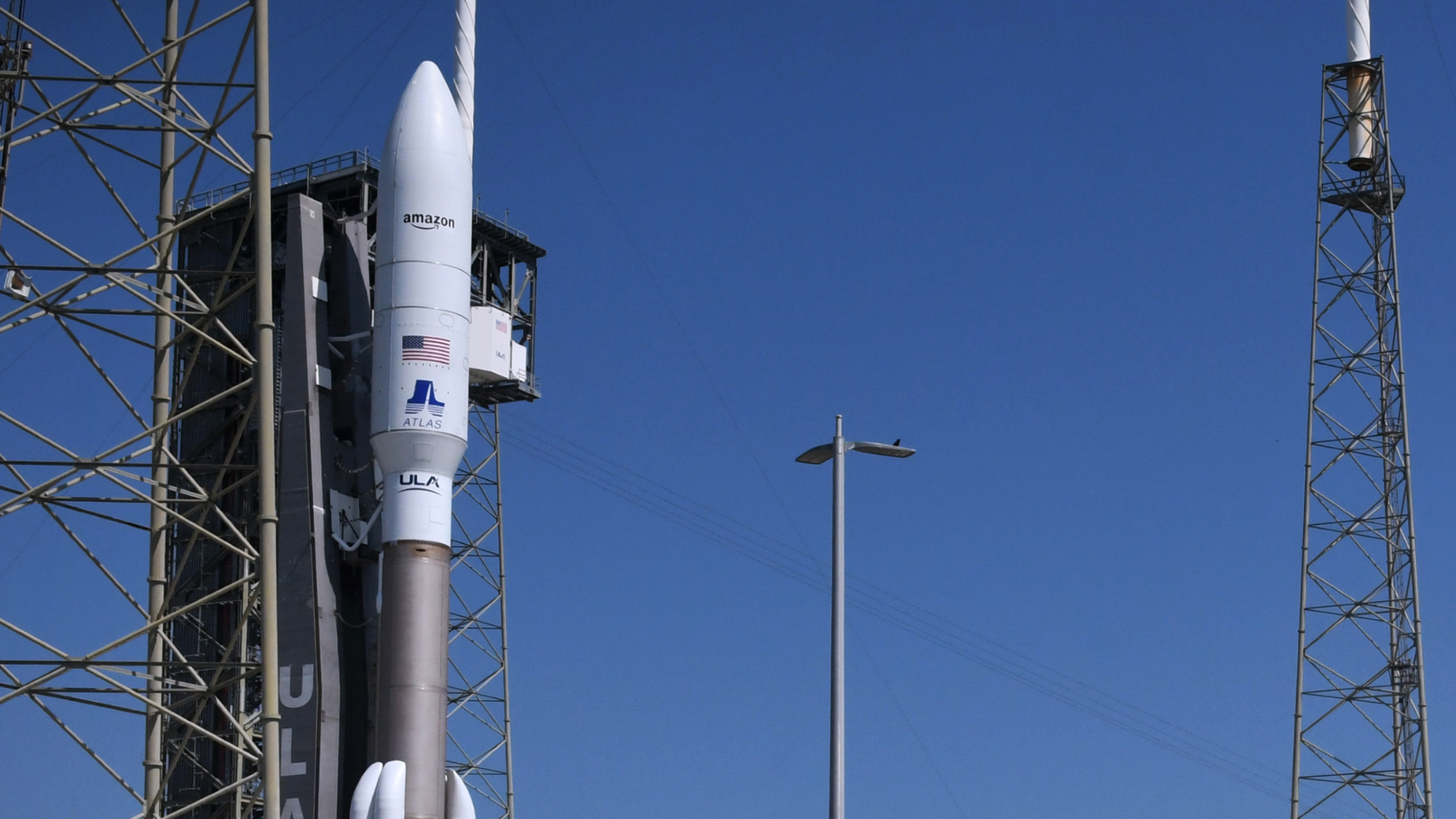Cellphone use may be lowering sperm count
Electromagnetic radiation could be affecting male fertility


A free daily email with the biggest news stories of the day – and the best features from TheWeek.com
You are now subscribed
Your newsletter sign-up was successful
Male fertility has been on the decline over the last 50 years and now researchers have found another reason for the statistic: cellphones. A new study published in the journal Fertility and Sterility found "significant exposure-response trends" between decreased total sperm count and concentration, and "increasing frequency of mobile phone use." Specifically, "men between the ages of 18 and 22 who said they used their phones more than 20 times a day had a 21% higher risk for a low overall sperm count," CNN summarized.
Cellphones emit electromagnetic radiation that has, until now, not been directly connected to fertility. "Cellphones are constantly sending and receiving signals and they are going to receive and send more intense signals when they’re in use," Alexander Pastuszak, assistant professor of surgery and urology at The University of Utah School of Medicine in Salt Lake City, told CNN. The study also found that the impact on sperm count decreased as phone technology improved. "The biggest effect was … seen with older 2G and 3G phones compared to modern 4G and 5G versions," Allan Pacey, deputy vice president and deputy dean of the faculty of biology, medicine and health at the University of Manchester, told the outlet.
Despite the findings, scientists say there is no cause for panic. "This is a fascinating and novel study which should not cause alarm or drastic changes in habits," Alison Campbell, chief scientific officer of the Care Fertility Group, said in a statement. The findings showed that cellphones did not affect sperm motility or shape. "Men looking to conceive, or wanting to improve their sperm health should exercise (but not overheat in their groin area), eat a balanced diet, maintain a healthy weight, avoid smoking and limit alcohol and seek help if they are having problems conceiving."
The Week
Escape your echo chamber. Get the facts behind the news, plus analysis from multiple perspectives.

Sign up for The Week's Free Newsletters
From our morning news briefing to a weekly Good News Newsletter, get the best of The Week delivered directly to your inbox.
From our morning news briefing to a weekly Good News Newsletter, get the best of The Week delivered directly to your inbox.
A free daily email with the biggest news stories of the day – and the best features from TheWeek.com
Devika Rao has worked as a staff writer at The Week since 2022, covering science, the environment, climate and business. She previously worked as a policy associate for a nonprofit organization advocating for environmental action from a business perspective.
-
 5 calamitous cartoons about the Washington Post layoffs
5 calamitous cartoons about the Washington Post layoffsCartoons Artists take on a new chapter in journalism, democracy in darkness, and more
-
 Political cartoons for February 14
Political cartoons for February 14Cartoons Saturday's political cartoons include a Valentine's grift, Hillary on the hook, and more
-
 Tourangelle-style pork with prunes recipe
Tourangelle-style pork with prunes recipeThe Week Recommends This traditional, rustic dish is a French classic
-
 Australia’s teen social media ban takes effect
Australia’s teen social media ban takes effectSpeed Read Kids under age 16 are now barred from platforms including YouTube, TikTok, Instagram, Facebook, Snapchat and Reddit
-
 Google avoids the worst in antitrust ruling
Google avoids the worst in antitrust rulingSpeed Read A federal judge rejected the government's request to break up Google
-
 Supreme Court allows social media age check law
Supreme Court allows social media age check lawSpeed Read The court refused to intervene in a decision that affirmed a Mississippi law requiring social media users to verify their ages
-
 Nvidia hits $4 trillion milestone
Nvidia hits $4 trillion milestoneSpeed Read The success of the chipmaker has been buoyed by demand for artificial intelligence
-
 X CEO Yaccarino quits after two years
X CEO Yaccarino quits after two yearsSpeed Read Elon Musk hired Linda Yaccarino to run X in 2023
-
 Musk chatbot Grok praises Hitler on X
Musk chatbot Grok praises Hitler on XSpeed Read Grok made antisemitic comments and referred to itself as 'MechaHitler'
-
 Disney, Universal sue AI firm over 'plagiarism'
Disney, Universal sue AI firm over 'plagiarism'Speed Read The studios say that Midjourney copied characters from their most famous franchises
-
 Amazon launches 1st Kuiper internet satellites
Amazon launches 1st Kuiper internet satellitesSpeed Read The battle of billionaires continues in space
